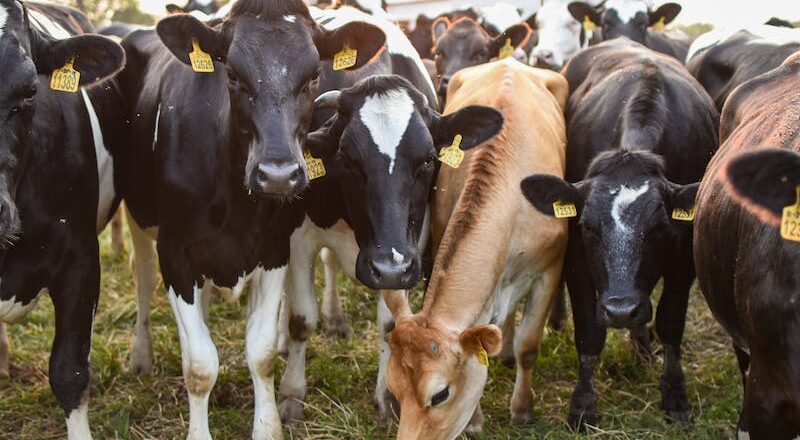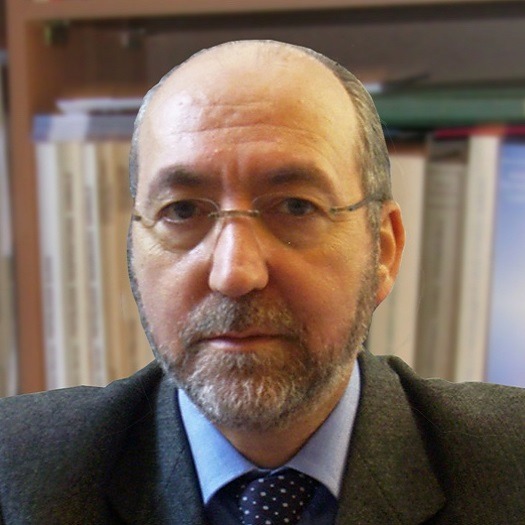
SELMA, defending European beef
More than half of all beef produced in Europe is concentrated in six countries, the same countries that have decided to join forces to represent the sector’s demands with a single voice.
Why are agricultural policy decisions, first at the EU and then at the national levels, often based on a distorted view of reality? It results from the recurrent rumours about meat, health risks, and unsustainable environmental impact. The main objectives of SELMA (Sustainable European Livestock & Meat Association), an association of livestock breeders and meat producers from Italy, Belgium, France, Greece, Poland and Spain, are, therefore, to restore the truth, to promote the sustainability of livestock farms and to be a reliable partner for legislators.
The main interprofessional organisations of these countries were the spark that led to the creation of SELMA, an event that many historians have defined as a strong and unprecedented international representation of the beef sector. These are the founding members: OI-INTERCARNEITALIA (Italy), FEBEV (Belgium), INTERBEV (France), EDOK (Greece), PZBM (Poland), PROVACUNO (Spain), INTEROVIC (Spain). They all commit to quality, animal welfare and the sustainability of animal production. The transversal nature of the interests represented, from production to meat processing, is also important.
Recent research has shown that the #CarbonFootprint of #cattle is negative! In other words, there is more #CO2 sequestered than emitted. Click To Tweet
One of SELMA’s objectives is to defend and promote the European production model, which, in the case of ruminants, i.e. cattle and sheep, is characterised by a low environmental impact. This impact is much lower than that estimated by the FAO on a global scale, according to which livestock production accounts for around 14% of greenhouse gas emissions (and not 11%, according to the latest report presented in Rome in September). Recent research has shown that the beef sector’s carbon footprint is even negative. In other words, it absorbs more CO2 than it emits. It should always be remembered that carbon dioxide comes from a biogenic cycle that does not add to what is already in the atmosphere, unlike the CO2 produced by fossil fuels.
One of the prerogatives of the European zootechnical model is the widespread use of sheltered housing (wrongly defined as “intensive farming”). Here, animal husbandry ensures the best conditions for animal welfare and reduces waste by optimising the use of resources.
But this zootechnical model is in danger of being called into question by Community agricultural policy choices that seem to ignore the strengths of European livestock farms. There is no other explanation for the proposals for the Industrial Emissions Directive being discussed in Brussels, which would also apply to livestock farms.
Similar considerations can be applied to the animal welfare issue under discussion in the community. These will not be the only areas where SELMA intends to confront the European legislator. All the associations involved in the new partnership insist that free trade agreements with third countries must meet the high domestic production standards. They can now count on the “strength” of an association representing the majority of the beef sector in the European Union. This importance will increase with the entry of other players in the sector who have already “knocked” on SELMA’s doors.
In #IntensiveFarming (better, protected), the best #AnimalWelfare conditions are ensured and #waste is reduced, optimizing the use of #resources. Click To Tweet
In addition to the institutional aspect, an association broadly representative of the sector could also do much on the communication front. Too often, we see meat and milk demonised, with little or no rebuttal of claims that have no scientific basis. This happens on the environmental and health sides when meat or milk are considered “dangerous” foods. News that sometimes hides partisan interests or results from ideological conditioning, with harmful consequences for the whole community. It is essential to counter this and to restore the truth.





